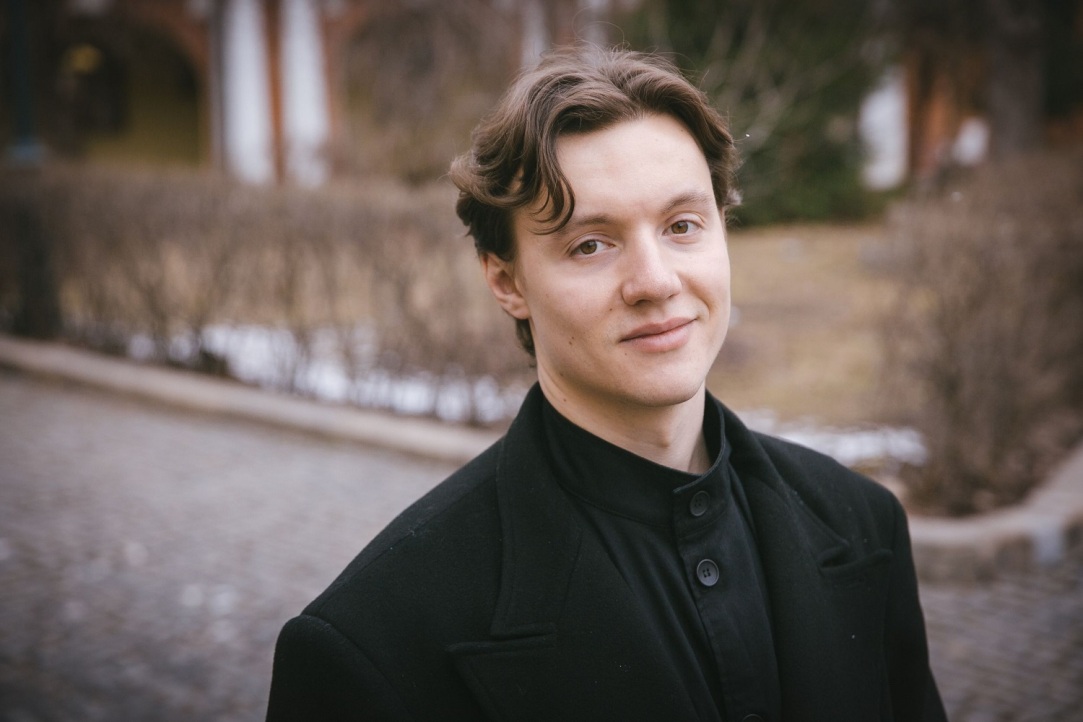
Scientists Develop AI Tool for Designing Novel Materials
An international team of scientists, including researchers from HSE University, has developed a new generative model called the Wyckoff Transformer (WyFormer) for creating symmetrical crystal structures. The neural network will make it possible to design materials with specified properties for use in semiconductors, solar panels, medical devices, and other high-tech applications. The scientists will present their work at ICML, a leading international conference on machine learning, on July 15 in Vancouver. A preprint of the paper is available on arxiv.org, with the code and data released under an open-source license.

HSE Takes Part in BRICS Summit
On July 6–7, 2025, the 17th BRICS Summit took place in Rio de Janeiro. For the first time in the organisation’s history, representatives of civil society from BRICS countries participated. HSE Vice Rector, Head of the BRICS Expert Council–Russia, and Co-Chair of the Russian Chapter the BRICS Civil Forum Victoria Panova attended the meeting of the bloc’s national leaders.

‘Economic Growth Without the AI Factor Is No Longer Possible’
The International Summer Institute on AI in Education has opened in Shanghai. The event is organised by the HSE Institute of Education in partnership with East China Normal University (ECNU). More than 50 participants and key speakers from over ten countries across Asia, Europe, North and South America have gathered to discuss the use of AI technologies in education and beyond.

HSE Linguists Study How Bilinguals Use Phrases with Numerals in Russian
Researchers at HSE University analysed over 4,000 examples of Russian spoken by bilinguals for whom Russian is a second language, collected from seven regions of Russia. They found that most non-standard numeral constructions are influenced not only by the speakers’ native languages but also by how frequently these expressions occur in everyday speech. For example, common phrases like 'two hours' or 'five kilometres’ almost always match the standard literary form, while less familiar expressions—especially those involving the numerals two to four or collective forms like dvoe and troe (used for referring to people)—often differ from the norm. The study has been published in Journal of Bilingualism.

Overcoming Baby Duck Syndrome: How Repeated Use Improves Acceptance of Interface Updates
Users often prefer older versions of interfaces due to a cognitive bias known as the baby duck syndrome, where their first experience with an interface becomes the benchmark against which all future updates are judged. However, an experiment conducted by researchers from HSE University produced an encouraging result: simply re-exposing users to the updated interface reduced the bias and improved their overall perception of the new version. The study has been published in Cognitive Processing.

Mathematicians from HSE Campus in Nizhny Novgorod Prove Existence of Robust Chaos in Complex Systems
Researchers from the International Laboratory of Dynamical Systems and Applications at the HSE Campus in Nizhny Novgorod have developed a theory that enables a mathematical proof of robust chaotic dynamics in networks of interacting elements. This research opens up new possibilities for exploring complex dynamical processes in neuroscience, biology, medicine, chemistry, optics, and other fields. The study findings have been accepted for publication in Physical Review Letters, a leading international journal. The findings are available on arXiv.org.

Mathematicians from HSE University–Nizhny Novgorod Solve 57-Year-Old Problem
In 1968, American mathematician Paul Chernoff proposed a theorem that allows for the approximate calculation of operator semigroups, complex but useful mathematical constructions that describe how the states of multiparticle systems change over time. The method is based on a sequence of approximations—steps which make the result increasingly accurate. But until now it was unclear how quickly these steps lead to the result and what exactly influences this speed. This problem has been fully solved for the first time by mathematicians Oleg Galkin and Ivan Remizov from the Nizhny Novgorod campus of HSE University. Their work paves the way for more reliable calculations in various fields of science. The results were published in the Israel Journal of Mathematics (Q1).

Recommender Systems: New Algorithms and Current Practices
The AI and Digital Science Institute at the HSE Faculty of Computer Science hosted a conference focused on cutting-edge recommender system technologies. In an atmosphere of active knowledge sharing among leading industry experts, participants were introduced to the latest advancements and practical solutions in recommender model development.

‘People Often Don’t Understand What’s Going On around Them—but We Can Explain’
Georgy Stalinov conducts field-based social research and has created a video podcast about unusual social phenomena based on fieldwork materials. In an interview with the HSE Young Scientists project, he spoke about hitchhiking with lorry drivers, why working as a taxi driver can be a bad idea, and whether poaching exists in Kamchatka.

‘Artificial Intelligence Has Become the Lifeblood of the Global Economy’
Experts from HSE University took part in the BRICS Academic Forum (FABRICS) held in the capital of Brazil this year. The main theme of the event was to discuss cooperation among countries in the Global South amid geopolitical turbulence and rapid technological change. Academics and experts from BRICS member states and partner nations explored topics such as global healthcare, AI technologies, trade, climate change, and reform of the multilateral global security and governance architecture.


Application deadline: June 23, 2025